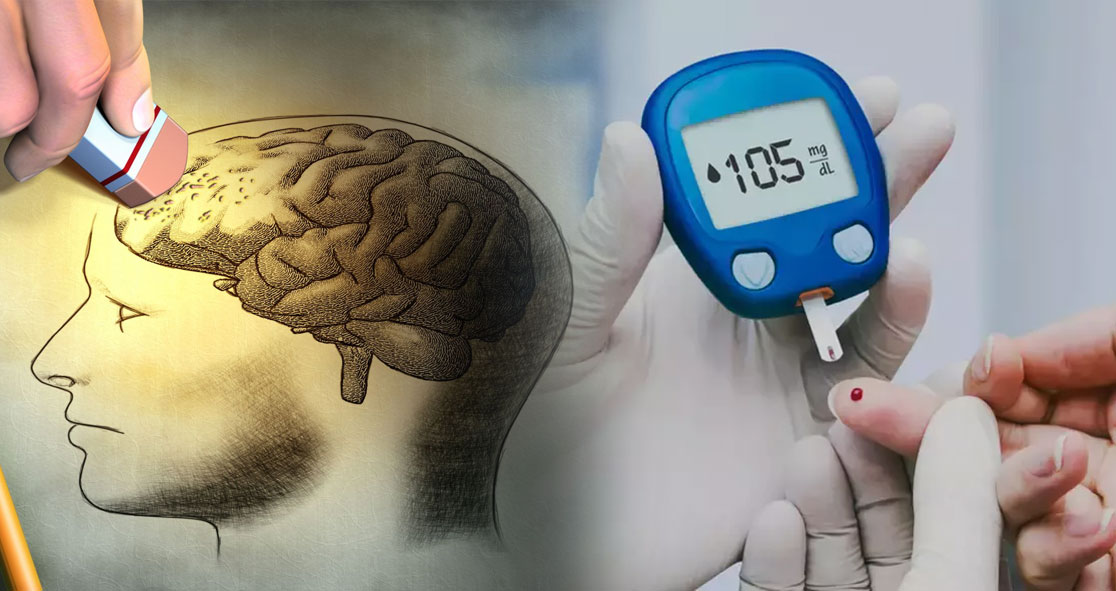Researchers are investigating how diabetes increases the risk of dementia, but one thing is clear that dementia is linked to elevated blood sugar levels.
Dr. Rachel Whitmer of the University of California said, “Whether it’s Type 1 or Type 2 diabetes, glycemic control is very important” for maintaining good brain health. “This is another motivation to have good control.”
The American Heart Association (AHA) says, “Good management of blood glucose levels is one of seven lifestyle changes people can make to support better heart and brain health.”
The Centers for Disease Control and Prevention (CDC) says most people have type 2 diabetes, which becomes more prevalent as they age, so does dementia.
Diabetes happens when your body fails to use the insulin it makes to control blood glucose levels. The condition is often associated with being overweight or obese. On the other hand, type 1 diabetes is an autoimmune disease in which the body stops making insulin, according to Medicine Net.
Dr. Whitmer led a study for Kaiser Health that has shown older individuals with type 1 diabetes who were hospitalized for just one blood sugar extreme were at higher risk for dementia.
The study also found that people who were hospitalized for both high and low blood sugar levels were six times more likely to later develop dementia.
Dr. Shannon Macauley of Wake Forest School of Medicine said, “Glucose is unbelievably important for the brain.” Though it makes up just 2% of the body’s weight, the brain uses 20%-30% of circulating blood glucose.
“People don’t appreciate how much the brain sucks glucose out of the blood; it’s a big user of your glucose supply,” added Dr. Macauley, who studies the relationship between type 2 diabetes and Alzheimer’s disease.
She explained that, unlike other organs, the brain cannot store excess glucose, which makes it vulnerable to highs and lows. She said, “It needs it on demand in a rapid fashion but that puts the brain at excess risk when glucose levels hit one extreme or another.”
Dr. Macauley conducted a study in mice and found that too much glucose may lead to rapid production of beta-amyloid, a protein that clumps together to form amyloid plaques in the brain, resulting in the development of Alzheimer’s disease.
“Conversely, too little glucose in the brain robs it of the energy it needs to perform tasks,” she noted. “You need energy on hand for every task – to talk, think, button your shirt. Energy also goes to keeping the cells and brain alive. If you go low, you are starving the brain, and it can’t do what it needs to do.”
Dr. Whitmer said good blood glucose control helps prevent dementia in diabetics. “It also helps to prevent stroke,” she said. “There are lots of blood vessels in the brain. Good glycemic control equates with good blood vessel health. What’s good for your heart is good for your brain.”
People with type 1 diabetes must check their blood sugar levels throughout the day because what they eat and how much physical activity they get can cause levels to rise or fall, according to Medicine Net.
Dr. Whitmer said people with type 1 diabetes live longer so researchers must focus on other ways to ensure their years are healthy ones. “We really need to step back and think about how we can increase this patient population’s chances of successful aging,” she said.





















